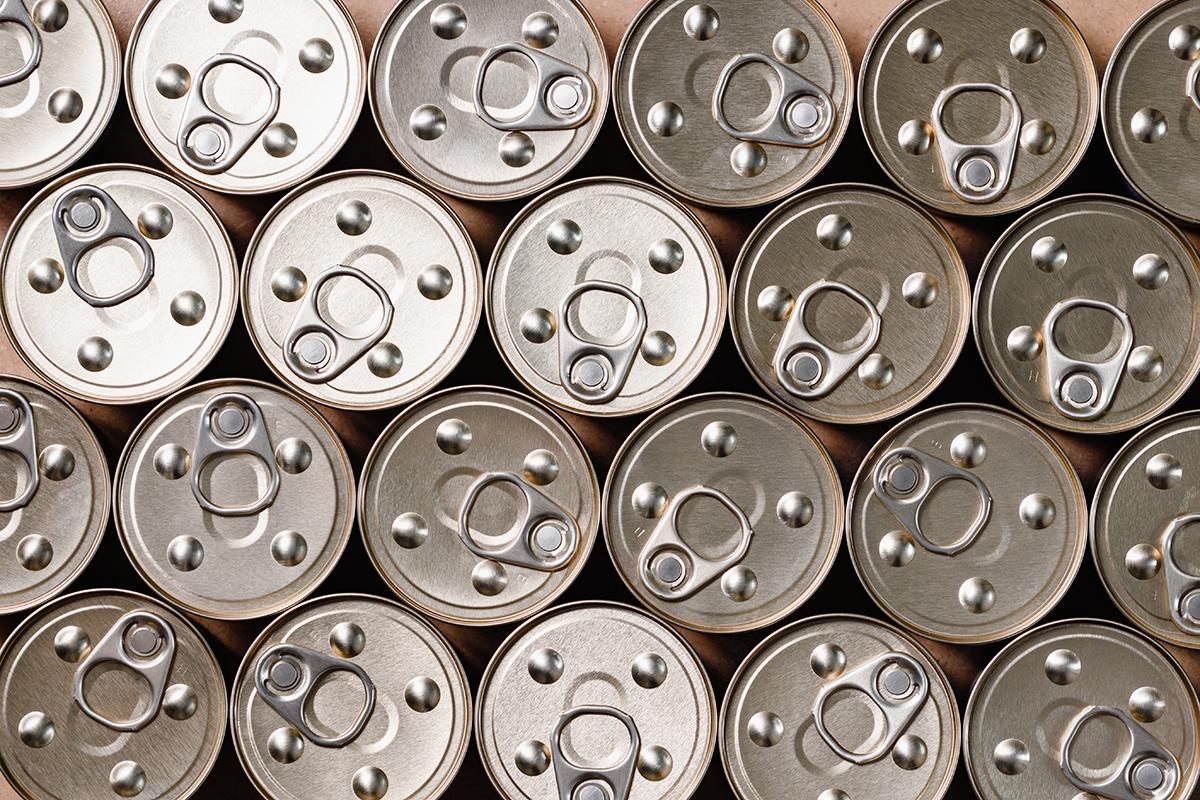Whether you want to be prepared for any emergency or want to save money by buying in bulk, storing your food will come in handy. You will be ready for any natural disaster, your family will be well-fed, and you will have peace of mind. However, you might have complications when it comes to storing food.
First, you will need to know where to store your food. Can you store food storage in the garage? You can find the answer to this question below.

Source: Flow Wall
Can You Store Food Storage In The Garage?
Yes, it is possible to store food in a garage. However, there are many potential hazards that make storing food in a garage challenging. Storing food in a garage is a strict process that requires a clean space and a consistent temperature.
Many garages in Texas suffer from humidity. If your food is exposed to this, it won’t only result in tasteless food. Bacteria and mold will grow on your food, making this entire venture a total waste of time and money.
You also can’t store your food in a garage filled with chemicals, gasoline, and other hazardous substances that emit fumes. Cleaning your garage goes without saying, especially if you don’t want little critters to contaminate your food. If you want to avoid all these outcomes, it’s best to learn how to store food properly.
How To Store Food Storage In The Garage
In order for you to store food storage in your garage, you need to check off some requirements first. You will need to ensure your garage is cleaned and insulated. An insulated garage prevents the Texas weather from affecting your garage’s temperature. You will also need the space to be ventilated and set to the perfect temperature to keep your food fresh. Once you’ve done all of this, you can proceed:
Know What You Can Store In A Garage
Despite how convenient it might seem, your garage can’t store all your favorite foods. Meat, fruit, eggs, and other perishable foods will quickly spoil and stink up the place. Foods packaged in paper or cardboard are also not recommended because they will attract pests. Additionally, foods that are prone to melting should not be stored in a garage.
However, canned goods, dry foods, and non-perishables are the best foods for you to store in a garage. Canned goods are the go-to food for storage, which can consist of everything from fruits to vegetables. Dry foods include cereal, pasta, rice, beans, and grains. Non-perishable foods include dried fruits, crackers, nuts, and things of that nature.
Use Food-Grade Containers
It is best to use food-grade containers for self-storage if you want to ensure that your food stays fresh. Glass jars, plastic buckets with secure lids, mylar bags, and storage containers will do the job. However, you can’t stock a food storage area with random foods without labels.
Label And Organize Your Food
Organize your food supply and keep each container labeled. Along with its name, mark the date so you can keep track of your food’s freshness. This will help you stay on top of what to eat and prevent food waste.
Monitor Temperature
Another thing you need to keep track of is your garage’s temperature. You don’t want to start eating your food only to find out that it has spoiled because you didn’t notice a drop in the garage’s temperature. Check the temperature and humidity levels in the garage by using a thermometer and hygrometer. These will show you whether or not you are within the acceptable temperature range.
Call Armadillo Garage Door Repair Today!
So can you store food storage in the garage? Of course you can! As long as you follow the tips above, you can stay ready for any emergencies and keep your family full. The temperature of your garage plays a key role in this entire process, but all this work will be for nothing if your garage door isn’t in the best condition. Give our team a call to ensure your garage door is prepared to withstand the Texas weather and protect your food storage in the process.


